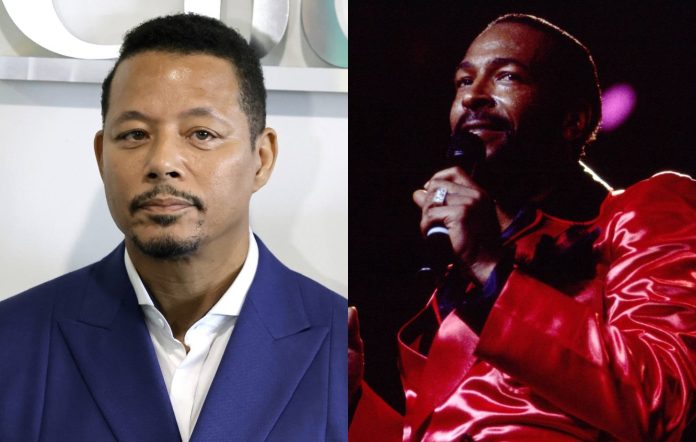Jermaine Dupri recently opened up on the R&B Money podcast, offering a rare look behind the scenes of how Xscape rose to fame.
The So So Def founder didn’t sugarcoat the challenges he faced while shaping the Atlanta quartet into one of the ‘90s most respected R&B groups. According to Dupri, the road to success was paved with resistance—not because of Xscape’s talent, but because of how they looked.
From the beginning, Dupri encountered industry gatekeepers who questioned whether Xscape could be commercially viable. Executives dismissed the group as “not cute,” doubting their market appeal.
It didn’t matter that they could out-sing most of their peers. Aesthetic over substance ruled the business. Even rap legend The Notorious B.I.G. took aim, referencing Xscape in a disparaging lyric that stung deeply. To Dupri, it was a reflection of a broader, toxic standard that demanded female artists not only sound flawless but meet narrow beauty ideals.
Still, he refused to let that bias define the group’s fate. He believed in the power of their voices—unpolished, rich, and unmistakably real.
Jermaine Dupri Breaking Xscape
Dupri wrote and produced their debut album Hummin’ Comin’ at ‘Cha in just two weeks. The urgency wasn't rushed; it was fueled by conviction. The album would go on to introduce a different kind of girl group—one grounded in authenticity and Atlanta grit.
Yet even with a strong debut, the pushback continued. Radio programmers said their music sounded too young. Critics compared them to polished acts like En Vogue, ignoring Xscape’s distinct edge.
Dupri adapted. He refined their sound, enlisted powerhouse songwriter Diane Warren, and took creative risks. Not all of it worked. But trial and error became part of the evolution.
In time, Xscape’s talent eclipsed the doubt. They earned multiple number-one hits, with voices that didn’t conform but commanded attention.
Their harmonies were bold, their themes emotionally raw. Dupri’s faith in them never wavered. His vision—and their resilience—rewrote the rules of what an R&B girl group could be.
Xscape’s legacy stands as proof that excellence can outshine prejudice. They didn’t arrive polished or packaged for mass consumption. They arrived real, and they stayed that way.
What Jermaine Dupri helped build was more than a group; it was a cultural shift, one forged in defiance of shallow expectations and sustained by pure, undeniable talent.






